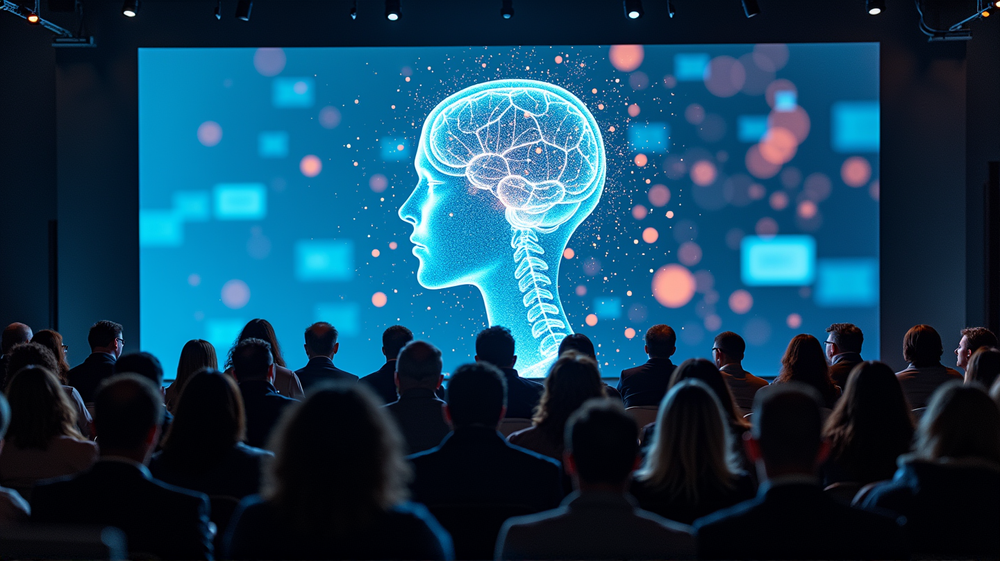In a landmark event held in Helsinki, more than 400 representatives from ministries, health professionals, experts, patient associations, and international organizations convened to discuss the pivotal role of artificial intelligence (AI) in the healthcare sector. The gathering, organized by the Ministry of Social Affairs and Health of Finland and the Council of Europe, sought to address the delicate equilibrium between technological innovation and the safeguarding of human rights.
A Leap into the Future
“AI is one of the biggest technological leaps in recent years, offering enormous opportunities for healthcare too,” remarked Finnish Minister of Social Security Sanni Grahn-Laasonen during the event’s commencement. The potential of AI to revolutionize medical research and treatment development was a focal point of discussion. However, the minister also highlighted the ethical considerations that accompany this technological advancement.
Ethical Dimensions and Human Touch
In the midst of technological progress, ethical issues such as patient privacy and equitable healthcare access emerged as critical topics. “Patients’ right to self-determination and the protection of their privacy must be upheld in the midst of all technological advancements,” Grahn-Laasonen emphasized.
Denis Huber, Head of the Council of Europe Health Department, stressed the importance of maintaining human cognition, empathy, and trust in AI-enabled healthcare services. “Ultimately, AI-enabled care should never be a substitute for people who need human professional contact and guidance,” he said.
Navigating the AI-Patient Interface
Participants delved into the dynamics between AI systems and patients, highlighting the importance of critical reflections and skills healthcare professionals need in this era of AI. The concept of informed consent was underscored as essential, particularly when personal health data is collected for AI system development.
Bridging Technology with Compassion
The conference drew insights from a report by the Steering Committee for Human Rights in the fields of Biomedicine and Health (CDBIO), focusing on AI’s impact on the “patient-doctor” relationship. According to Council of Europe, bridging innovation with compassion remains at the forefront of discussions, ensuring that AI serves as a tool to enhance, not replace, the human element in healthcare.
As attendees departed Helsinki, the consensus was clear: while AI holds transformative potential, it is imperative to navigate its application with a steadfast commitment to human rights and ethical principles. This event sets the stage for a future where AI and healthcare not only coexist but thrive in harmony.












